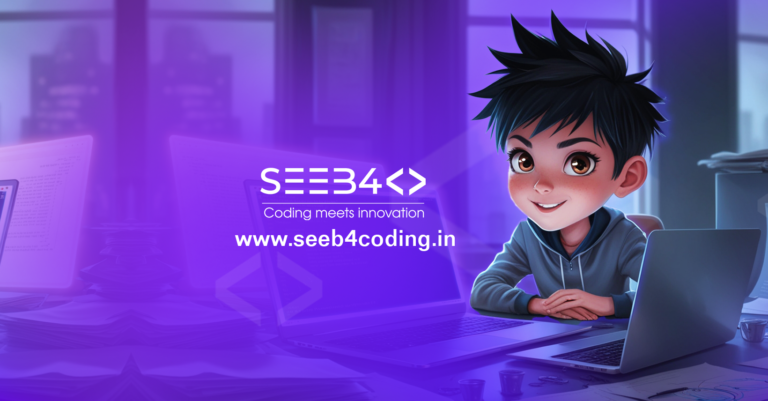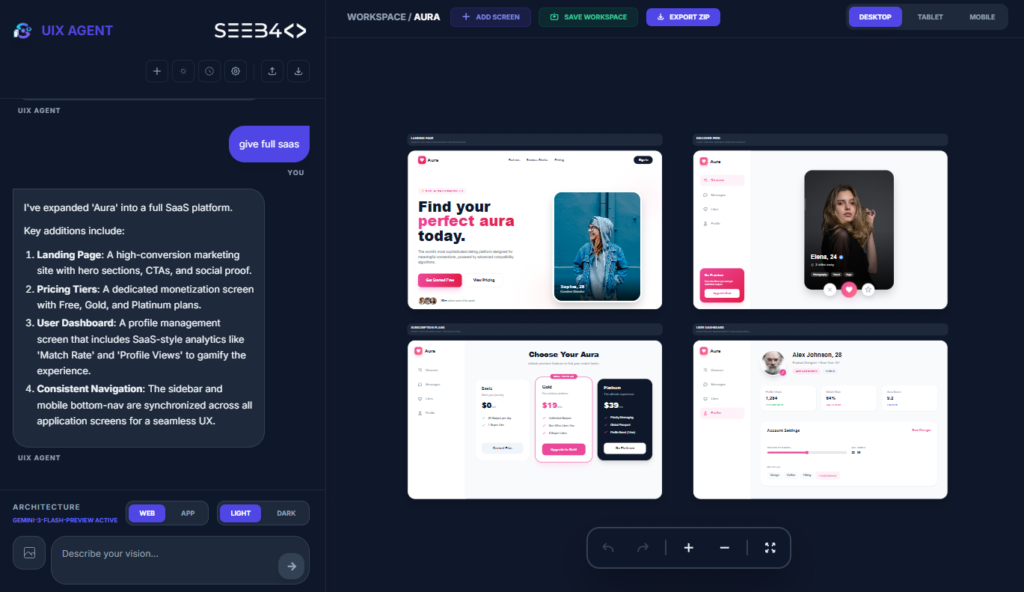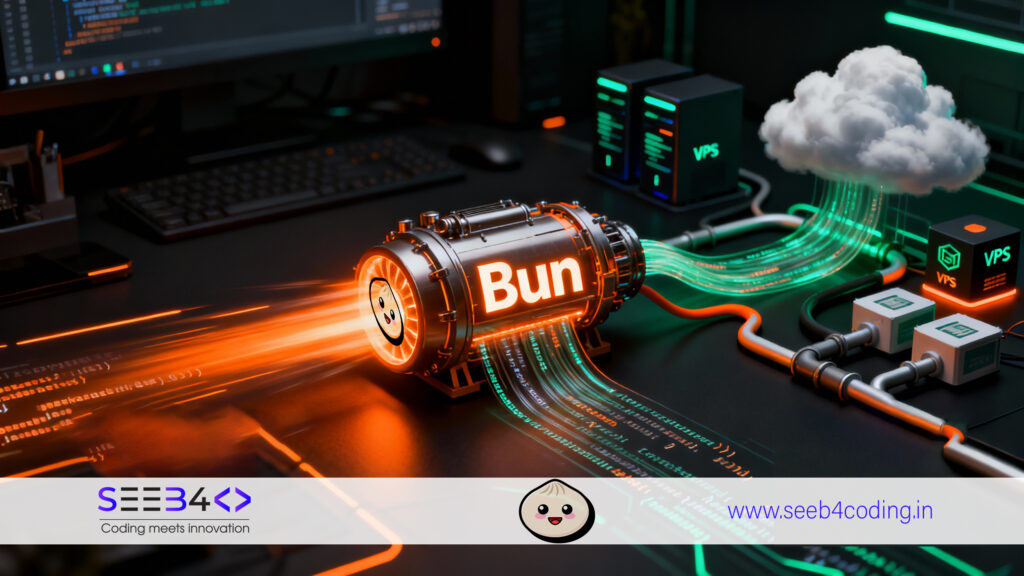Full-stack frameworks simplify web and mobile app development by handling both the frontend (UI/UX) and backend (database, authentication, APIs, etc.). Whether you’re building an enterprise app, an e-commerce site, or a personal project, choosing the right framework is crucial.
In this blog, we’ll explore some of the best full-stack frameworks in different programming languages with examples and links to their documentation.
1. JavaScript/TypeScript Full-Stack Frameworks
JavaScript dominates full-stack development thanks to frameworks like Next.js, Nuxt.js, and NestJS, which integrate well with React, Vue, and other frontend libraries.
Next.js (React + Full-Stack Features)
✅ Best for: Server-side rendering (SSR), SEO-friendly applications, JAMstack websites.
✅ Example: Vercel Docs (built with Next.js)
🔗 Official Site: https://nextjs.org/
Nuxt.js (Vue.js + Full-Stack Features)
✅ Best for: Vue.js developers who need SSR and API integration.
✅ Example: Nuxt eCommerce Boilerplate
🔗 Official Site: https://nuxt.com/
NestJS (Node.js Backend Framework)
✅ Best for: Scalable enterprise applications with TypeScript.
✅ Example: Dev.to API (partially built with NestJS)
🔗 Official Site: https://nestjs.com/
2. Python Full-Stack Frameworks
Python frameworks like Django and FastAPI are known for their simplicity, security, and scalability.
Django (Batteries-Included Python Framework)
✅ Best for: Rapid development, built-in authentication, ORM, and admin panel.
✅ Example: Instagram (backend powered by Django)
🔗 Official Site: https://www.djangoproject.com/
FastAPI (High-Performance API Framework)
✅ Best for: Async APIs, machine learning apps, and performance-critical applications.
✅ Example: Netflix Backend (some services use FastAPI)
🔗 Official Site: https://fastapi.tiangolo.com/
3. PHP Full-Stack Frameworks
PHP remains strong for web development, especially with Laravel and Symfony.
Laravel (Elegant PHP Framework)
✅ Best for: RESTful APIs, admin dashboards, and large-scale apps.
✅ Example: Koel (Self-hosted music streaming app)
🔗 Official Site: https://laravel.com/
Symfony (Enterprise-Grade PHP Framework)
✅ Best for: Large-scale applications with modular components.
✅ Example: Drupal CMS (Uses Symfony components)
🔗 Official Site: https://symfony.com/
4. Ruby Full-Stack Frameworks
Ruby’s Rails framework remains a powerful choice for startups and rapid development.
Ruby on Rails (RoR)
✅ Best for: Startups, MVPs, e-commerce platforms.
✅ Example: Shopify (Built with Rails)
🔗 Official Site: https://rubyonrails.org/
5. Java Full-Stack Frameworks
For enterprise-grade applications, Java frameworks like Spring Boot are widely used.
Spring Boot (Java-Based Full-Stack Framework)
✅ Best for: Enterprise applications, microservices, and financial services.
✅ Example: Alibaba Cloud (Uses Spring Boot)
🔗 Official Site: https://spring.io/projects/spring-boot
6. C#/.NET Full-Stack Frameworks
Microsoft’s ASP.NET Core and Blazor make C# a solid choice for full-stack development.
ASP.NET Core
✅ Best for: Scalable, high-performance web apps.
✅ Example: Stack Overflow (Uses ASP.NET)
🔗 Official Site: https://dotnet.microsoft.com/en-us/apps/aspnet
Blazor (Web + C# Full-Stack Framework)
✅ Best for: Single-page applications (SPAs) using C#.
✅ Example: Blazing Pizza
🔗 Official Site: https://blazor.net/
7. Golang Full-Stack Frameworks
Go is gaining popularity for its speed and concurrency support.
Buffalo (Go-Based Full-Stack Framework)
✅ Best for: Fast web development with minimal setup.
✅ Example: Buffalo Docs
🔗 Official Site: https://gobuffalo.io/
8. Mobile & Web Full-Stack Frameworks
For cross-platform mobile and web applications, these frameworks shine.
Flutter + Firebase (Google’s Mobile + Web Stack)
✅ Best for: Cross-platform apps with Google’s ecosystem.
✅ Example: Google Pay (Uses Flutter)
🔗 Official Site: https://flutter.dev/
React Native + Next.js
✅ Best for: Cross-platform apps with React and SSR capabilities.
✅ Example: Discord Mobile App (Uses React Native)
🔗 Official Site: https://reactnative.dev/
Conclusion: Choosing the Right Full-Stack Framework
| Use Case | Best Framework |
|---|---|
| SEO-Friendly Web Apps | Next.js, Nuxt.js |
| Enterprise Apps | Angular, Spring Boot, ASP.NET |
| Scalable Web APIs | FastAPI, NestJS, Django |
| MVPs & Startups | Ruby on Rails, Laravel, Vue + Nuxt |
| Cross-Platform Mobile & Web | Flutter, React Native + Next.js |
| High-Performance Web Apps | Go (Buffalo), ASP.NET, FastAPI |
Whether you’re a beginner or an experienced developer, choosing the right full-stack framework will save you time, effort, and scalability issues in the long run.
What’s your favorite full-stack framework? Let me know in the comments!











I am extremely inspired along with your writing talents as smartly as with the format to your weblog. Is that this a paid subject or did you modify it yourself? Anyway stay up the nice high quality writing, it’s rare to look a great blog like this one these days!